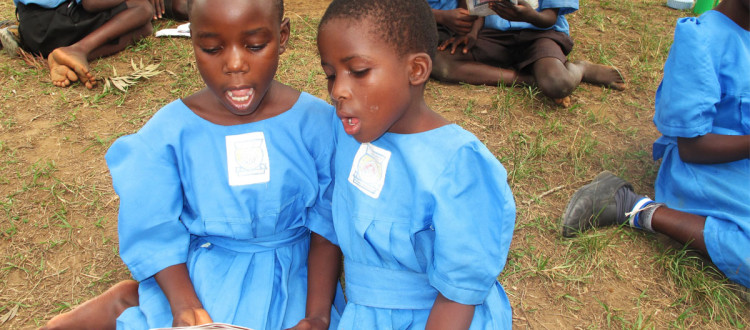Innovative Program Promotes Economic Empowerment for Orphaned and Vulnerable Children in Uganda
First Study Aims to Help Thousands of At Risk Children and Their Families Define Their Future
September 2, 2011– Associate Professor Fred Ssewamala has received a $3.34M grant from the Eunice Kennedy Shriver National Institute of Child Health & Human Development (NICHD) for a family-based economic empowerment intervention for AIDS-orphans and vulnerable children in Uganda. Dr. Ssewamala will be collaborating with Professors Jane Waldfogel and Irv Garfinkel on the study.
Entitled Bridges to the Future, the intervention program aims to promote monetary savings for secondary education, promote microenterprise development to generate family income, and provide mentoring and educational support programs to protect children from future risks. An estimated 20 million children worldwide, and nearly 12 million in sub-Saharan Africa, have lost one or both parents to HIV/AIDS. Uganda is one of the hardest hit countries, with an estimated 1.2 million orphans, 45% of whom are AIDS-orphans.
“Growing up as an orphan poses tremendous psychosocial and economic challenges to these children and the households in which they live,” says Dr. Ssewamala. “As these orphans enter early adolescence, they are deciding whether to advance from tuition free primary school to fee-based secondary school and are beginning to be exposed to sexual and other risk behaviors, making this period in their lives very precarious.”
The Bridges study will involve 1,440 AIDS-orphan and vulnerable children, ages 11-14 years old, nested within 48 public primary schools in the Rakai and Masaka Districts of southern Uganda, a region heavily affected by HIV/AIDS. The two year intervention initiative is built upon a collaborative partnership with local schools and other providers that will ensure that the project is characterized by a practical understanding of the needs of orphaned and vulnerable children in the two districts.
The intervention program represents the first study that will measure the efficacy and cost-effectiveness of a family economic empowerment intervention for orphaned children. The usual care provided to orphaned and vulnerable children in sub-Saharan Africa consists mainly of informal counseling as well as limited material support such as food and textbooks. Given the challenges facing these children and their caregivers, further supports are needed in order to help them successfully transition from primary school to secondary school and into adolescence.
“The study aims to advance knowledge and help inform the development and evaluation of the next generation of programs for AIDS-orphans and vulnerable children in low-resource regions, including sub-Saharan Africa,” says Dr. Ssewamala. “We hope to provide crucial evidence about the effects and impact of economic empowerment programs for the promotion of stability and self-sufficiency in the case of orphaned children and their caregiving families.”
– See more at: http://socialwork.columbia.edu/news-events/innovative-program-promotes-economic-empowerment-orphaned-and-vulnerable-children-uganda#sthash.FtZUylhi.dpuf

